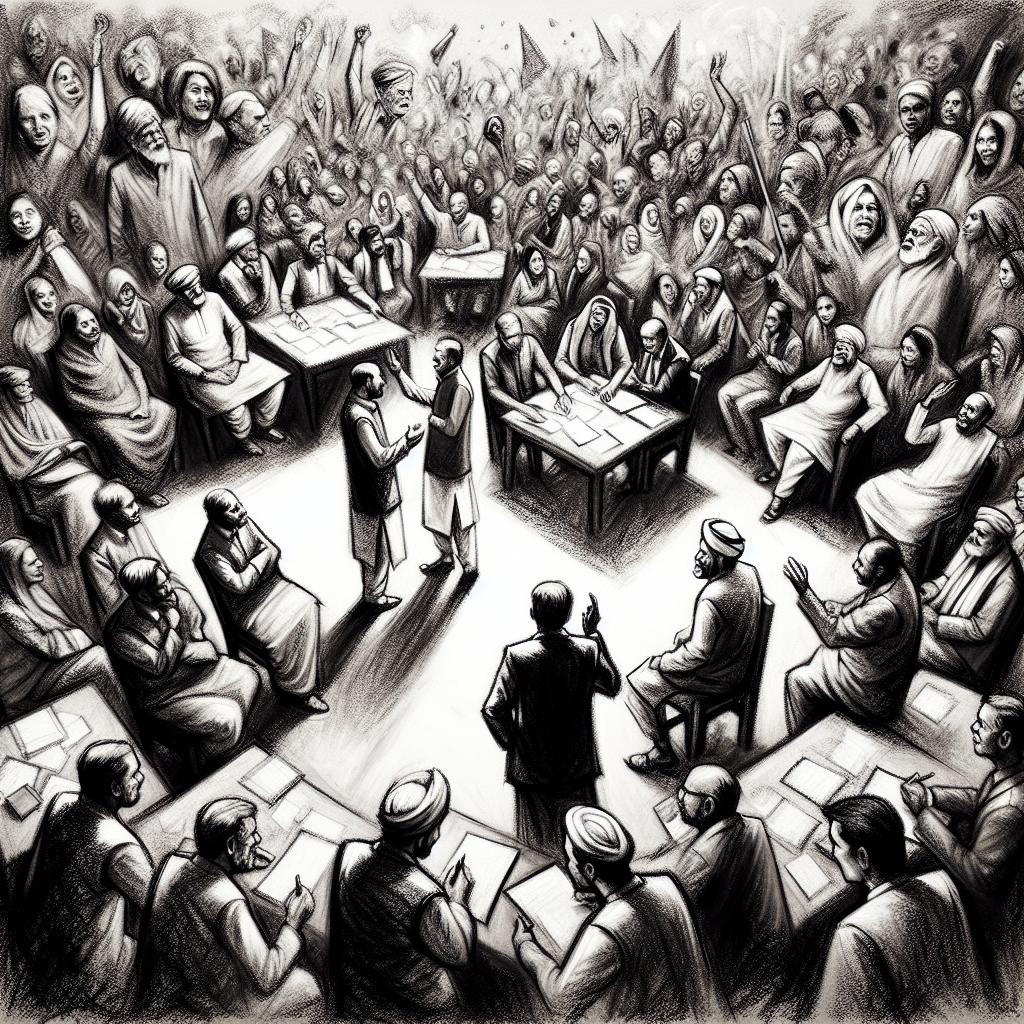Prime Minister Narendra Modi’s Bharatiya Janata Party (BJP), along with its National Democratic Alliance (NDA) partners, has won India’s general election, securing a third consecutive term for Modi. Despite this victory, the BJP itself saw a decrease in seat count, managing to secure 240 seats, down from 303 in the previous election. The opposition, led by the Indian National Congress, has nearly doubled its representation, increasing its seat count to 99, up from 52 in the last parliament. Modi has proclaimed the victory as historic, affirming his commitment to continue India’s development trajectory.The election results have not only reshaped the political landscape but have also sent ripples through the financial markets, with the Indian stock market experiencing a sharp decline. This reflects investor concerns over the future policies and stability of the government, now that Modi’s BJP will need to rely on coalition partners to maintain a majority. The NDA’s overall seat count stands at 295 out of 543, indicating that while the alliance has retained majority, the BJP’s reduced seat count signifies a shift in voter sentiment.The Congress-led opposition has claimed a moral and political victory, interpreting the election as a loss for Modi, despite the NDA’s overall win. The election was marked by polarizing rhetoric and concerns over minority rights, with critics pointing to the BJP’s Hindu nationalist agenda as a source of growing intolerance and inequality. Modi, however, has vowed to continue his agenda, focusing on economic growth, job creation, and making India the world’s third-largest economy. The BJP’s manifesto highlighted governance achievements, while the Congress focused on media freedoms, self-regulation, and curbing monopolies.As Modi embarks on his third term, the election’s aftermath suggests a more complex political environment, with the opposition gaining strength and the BJP facing the challenge of governing with a slimmer majority.
Key points
- Narendra Modi’s BJP and NDA retain majority in India’s Lok Sabha with 295 seats, but BJP’s own seat count drops to 240.
- The opposition, led by the Indian National Congress, makes significant gains, securing 99 seats, nearly doubling its previous count.
- The election results prompt a decline in the Indian stock market, reflecting investor uncertainty over the future government’s policies.
- Modi vows to continue his development agenda and economic growth, despite a reduced majority and stronger opposition.
Contradictions👾Different sources report varying numbers for the BJP’s and NDA’s final seat count, with some stating the BJP won 240 seats and others reporting 286 seats, while the NDA’s count ranges from 285 to 295 seats.
